BRUSSELS, Belgium – A wild NATO Summit concluded in Brussels on Friday as the 29-member alliance managed to end the summit on a strong point.
U.S. President Donald Trump had arrived in Brussels amidst a flurry of tweets aimed at NATO allies. In one he appeared to criticize German Chancellor Angela Merkel and her apparent support for Nord Stream 2, a planned Russian natural gas pipeline to Europe.
“It’s a good thing if Trump can dissuade Merkel from supporting Nord Stream 2 in some way than it is a good thing,” said Rihards Kols, a member of parliament from Lativa’s center-right National Alliance for All Latvia party who attended the summit. “We also don’t have a problem with burden sharing as such cooperation is part of the very definition of an alliance.”
Rumours emerged that Trump behind closed doors suggested that the U.S. might act in an “independent” manner unless NATO member states immediately increased their spending to 2 percent of GDP as they pledged in 2014. Both Trump and French President Emmanuel Macron in comments to the media at the summit declined to address the issue.
NATO is stronger after our summit. Clear commitments and a reaffirmed unity. https://t.co/F4GFFjl7yP
— Emmanuel Macron (@EmmanuelMacron) July 12, 2018
Instead, Trump appeared to declare victory that his goals had been achieved and stressed that NATO was “stronger than ever before.”
In an unusual move, the Summit’s final communique was released on the first day – not the last – potentially to ensure that NATO’s message of unity would not be lost amidst other controversies. The joint declaration included especially sharp language aimed at Russia.
“The Euro-Atlantic security environment has become less stable and predictable as a result of Russia’s illegal and illegitimate annexation of Crimea and ongoing destabilisation of eastern Ukraine,” the communique read.
The document also included specific examples of Russian provocations, such as the “illegal and illegitimate annexation of Crimea,” its actions in eastern Ukraine, and “hybrid actions, including attempted interference in the election processes, and … widespread disinformation campaigns, and malicious cyber activities.”
“Russia’s aggressive actions, including the threat and use of force to attain political goals, challenge the Alliance and are undermining Euro-Atlantic security and the rules-based international order,” the communique said.
The communique also formally invited Macedonia to join the alliance. In a mild surprise, it made no mention of a NATO action plan for Bosnia to join other than a vague commitment to its membership.
[WATCH] #NATO has decided to invite the government of ?? Skopje to begin accession talks https://t.co/8cFnZ9gLfi #NATOSummit https://t.co/8cFnZ9gLfi pic.twitter.com/bYFceSIYBE
— NATO (@NATO) July 12, 2018
If Bosnia were accepted into NATO, it would become the third Muslim majority member (after Turkey and Albania) in the alliance. The communique also continued the commitment for Ukraine and Georgia to eventually become NATO members – a commitment now more than a decade old.
“Every summit for the last 10 years has been a step forward, including this summit,” Georgian President Giorgi Margvelashvili said at the NATO Engages event held down the hill from the alliance’s new main headquarters “…and [each one has included a] very clearly statement we will become NATO member.”
Other non-NATO members took advantage of the summit in other ways. The foreign ministers of Armenia and Azerbaijan, neither of which is NATO member, spoke on the sidelines of the summit in a rare diplomatic meeting between the two neighbors.
“This rare and important meeting with no negotiators present might suggest a possible diplomatic breakthrough between Armenia and Azerbaijan,” said Aynur Bashirova, an Azerbaijani analyst in Brussels. “This continued conflict hurts both sides.”
MORE Assessing Azerbaijan’s indigenous defense industry capabilities
Iraq training mission
Prime Minister Justin Trudeau announced at the summit that Canada will lead and commit 250 soldiers and helicopters to a new NATO training mission for the Iraqi military that is scheduled to begin in the autumn.
#BreakingNews Speaking at #NATOEngages Prime Minister Trudeau of Canada says NATO will launch Iraq training mission and Canada will lead it for the first year. #NATOSummit @DefensePost
— Joseph H (@TheJosephH) July 11, 2018
The mission is already controversial because of issues surrounding the Peshmerga, an independent military force controlled by the semi-autonomous Kurdish Regional Government, and the potential that Iranian proxies in Iraq could benefit from the program. Were such training to benefit Iran’s influence in the country, the mission would indirectly benefit Russia’s best ally in the Middle East.
Iraqi Prime Minister downplayed that possibility in remarks to the media but said that Peshmerga would be included in the NATO mission.
“All training will include Peshmerga as well,” he said in Arabic.
Abadi also told The Defense Post that Iraq would not tolerate a Turkish incursion across its border but would work with the NATO member state to ameliorate its security issue. In a moment of humility, Abadi admitted that Baghdad did not have full control of Iraqi territory – before being whisked out of the NATO compound in a convoy of eight Mercedes Benz back to the Plaza Hotel in Brussels, where his delegation stayed.
PESCO
In recognition of NATO’s inability to handle every mission was the launch earlier this year of the European Union’s Permanent Structured Cooperation (PESCO), designed to facilitate defence cooperation within the E.U. Given that the E.U. does not include some of NATO’s biggest defense spenders – the United States, Turkey, and (soon) the United Kingdom – many have wondered about the potential for the initiative to succeed.
“PESCO has been a possibility since the 2010 Lisbon Treaty, and it is a long overdue effort by the E.U. to make more use of the money that is spent on defense,” said Jamie Shea, NATO Deputy Assistant Secretary General for Emerging Security Challenges.
“There are 176 weapon systems in the E.U. and as a result of a lot of duplication the same is true for medical units and facilities. There are clear opportunities to streamline these areas and move onto coordination on research for more difficult weapons programs like heavy armour, drones [and] satellites.”
Shea downplayed the possibility that PESCO was a reaction to Brexit or Trump’s past hostility to NATO.
“With PESCO the key thing will be implementation, implementation, implementation,” he told The Defense Post.
The same could be said about many of NATO’s new initiatives as laid out in the final communique from the summit.


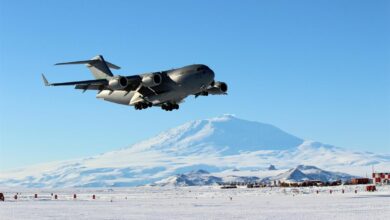
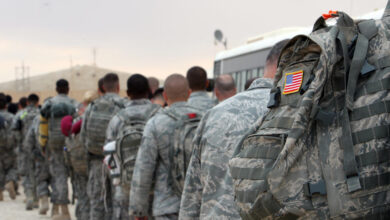


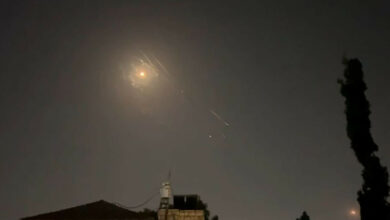
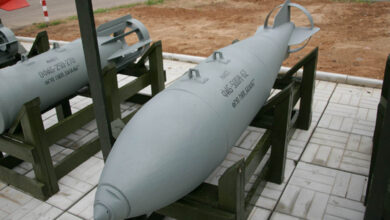
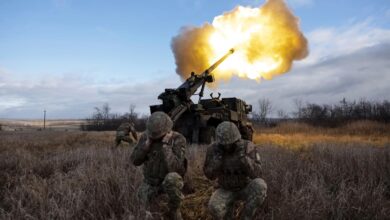
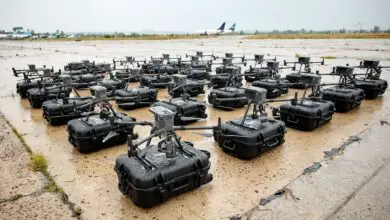
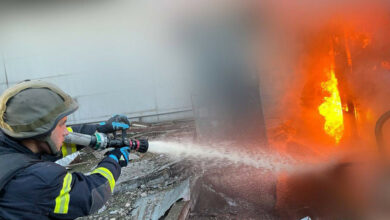
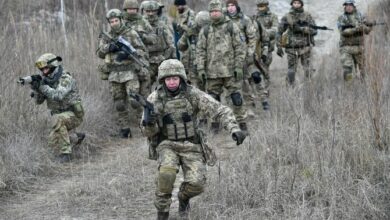
One Comment